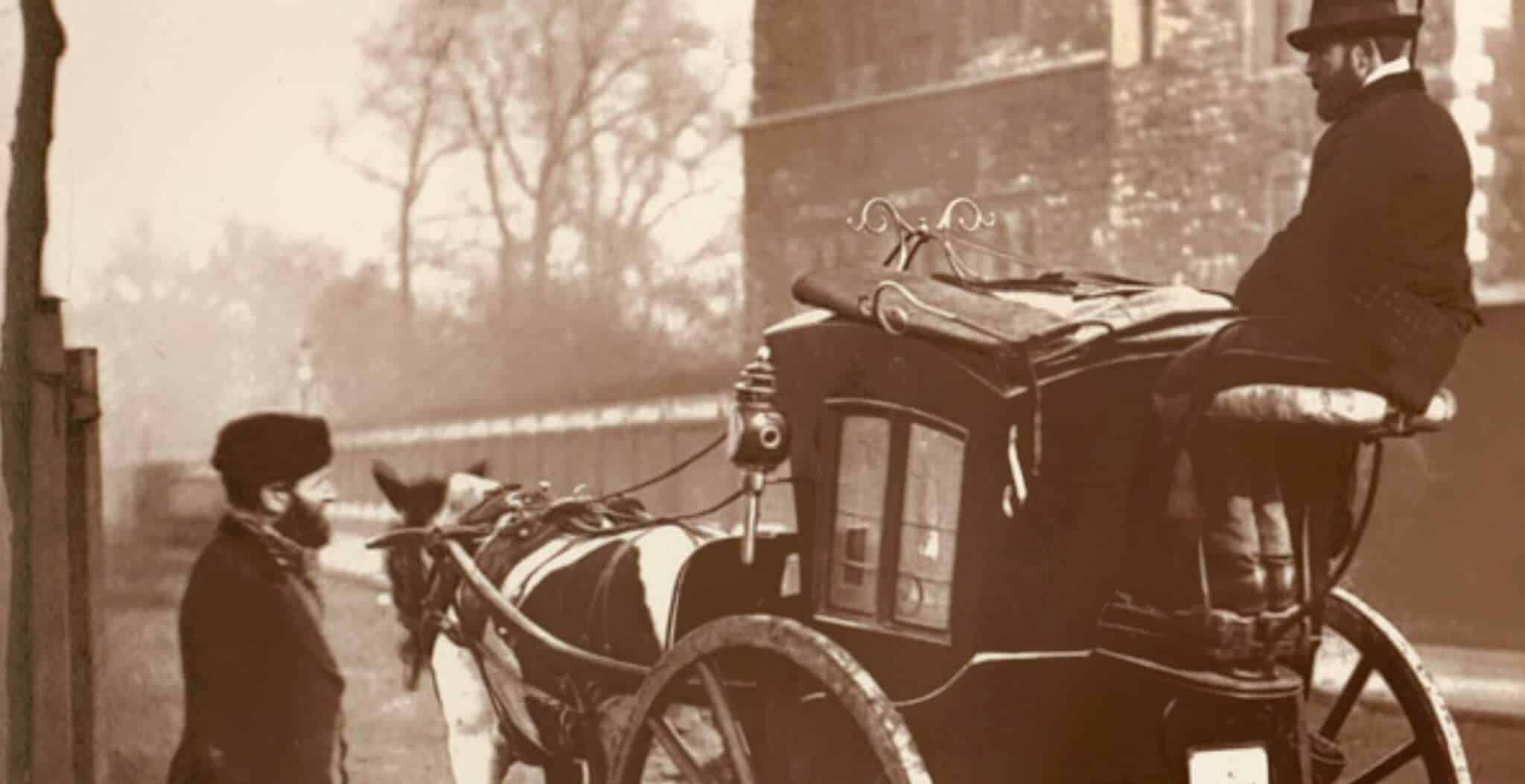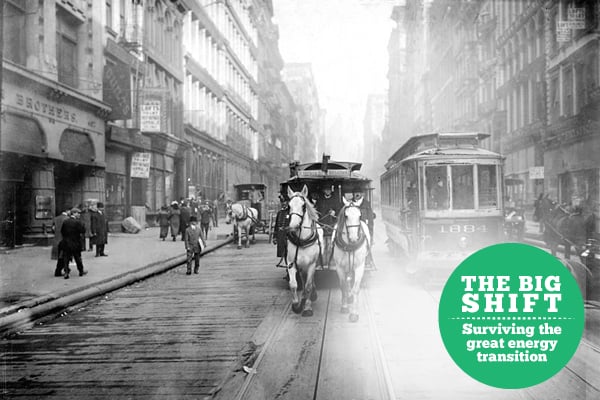Have you ever ventured to research around issues of oil exploration in Nigeria? Have you looked at societal issues in Saudi Arabia fueled by oil business, which in reality is family business?
All these technologies will have problems. But don’t pretend suddenly you care about workforce in third world countries. If you really mean that, you would pay someone to take away your gas powered vehicles.
Gradual change is happening. But most people are caught in this in a way Ernest Hemingway explaind bankruptcy “gradually, then suddenly .”
As for insurance that
@Cujet mentioned, that is SERIOUS problem in Florida in general, which made FL the most expensive state to live in.




